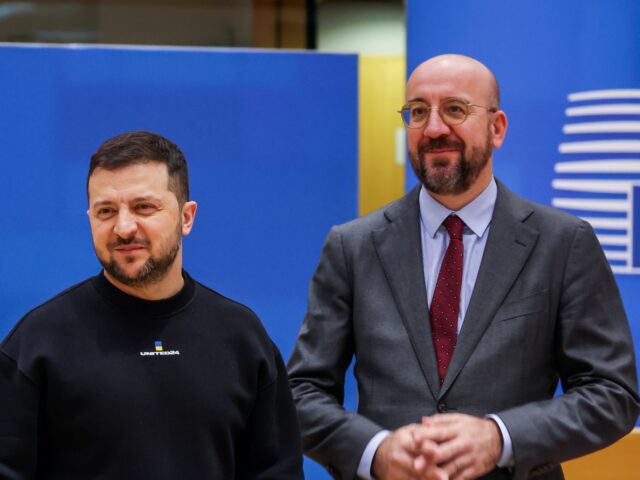The European Union will seek to expand its borders east and absorb Ukraine and the western Balkans by the end of the decade, Charles Michel said.
Speaking at the Bled Stratic Forum this week, European Council President Charles Michel — the head of the bloc’s top decision-making body — said that the EU must seek to incorporate war-torn Ukraine by the year 2030. The Belgian politician went on to announce intentions to see Western Balkans states.
“We must set ourselves a clear goal. I believe we must be ready — on both sides — by 2030 to enlarge. This is ambitious, but necessary. It shows that we are serious,” Michel said.
“Integrating new members into our union won’t be easy,” Michel continued. “It will affect our policies, our programmes, and their budgets. It will require political reforms. And political courage.”
“We will have to adapt our institutional framework and procedures, so an enlarged EU is able to take efficient and timely decisions… This will be a hard nut to crack. But there is no way to avoid this.”
The lofty goal may be easier said than done, however, with even Brussels being split on the issue, POLITICO reports.
On Tuesday, EU Commission deputy spokesperson Dana Spinant shot down the idea of having a firm timeframe to achieve the expansion, saying: “We are not focused on a date, but focused on working very closely with candidate countries to get ready for joining the European Union.”
Spinant went on to claim that Michel had not informed Commission President Ursula von der Leyen of his intention to announce the 2030 target prior to delivering his speech in Slovenia.
French President Emmanuel Macron also seemed to differ with Michel, suggesting this week that there be a “multi-speed” ascension process for each individual candidate country.
The inclusion of the western Balkans states and Ukraine would also be a tough sell given that it would require the bloc to change its structures surrounding the allocation of funds and the voting power of each member state.
Issues surrounding free movement and wages would also likely come to the fore, given that poor people in nations such as Ukraine — where the average monthly salary was just €361 before the Russian invasion — would likely seek to move en masse westward, potentially triggering an internal migration crisis in countries such as Germany and Poland where wages are significantly higher.
The inclusion could also see farmers across Europe undercut by the cheaper prices of food produced in Ukraine, which has long been a bread basket for the continent but would no longer have any tariffs or restrictions imposed on its goods if it became a part of the EU’s single market.
The question of relations with Russia may also prove a sticking point. Although the EU does not have a common defence treaty like the NATO alliance, it remains to be seen how the bloc would react if territorial disputes turn violent again between Ukraine and Russia once the country is accepted into the EU.

COMMENTS
Please let us know if you're having issues with commenting.